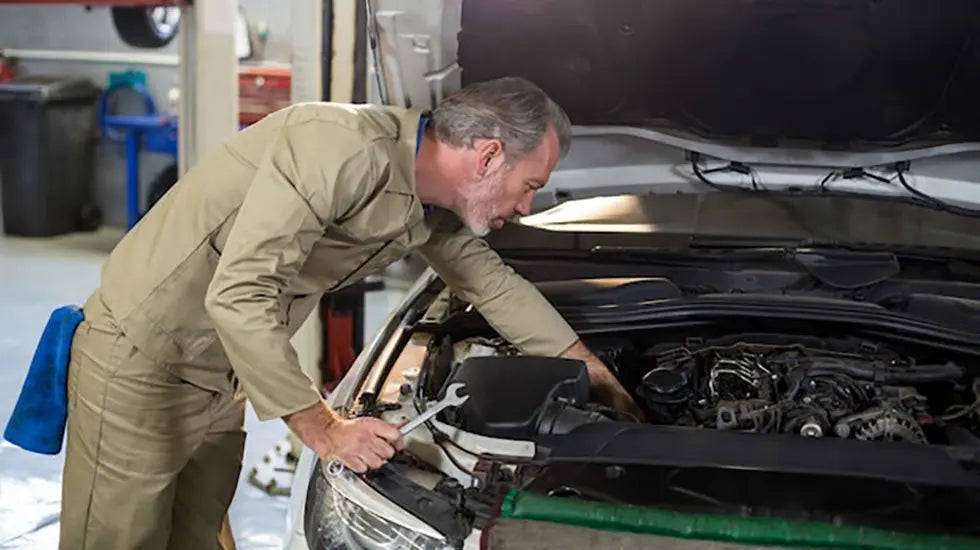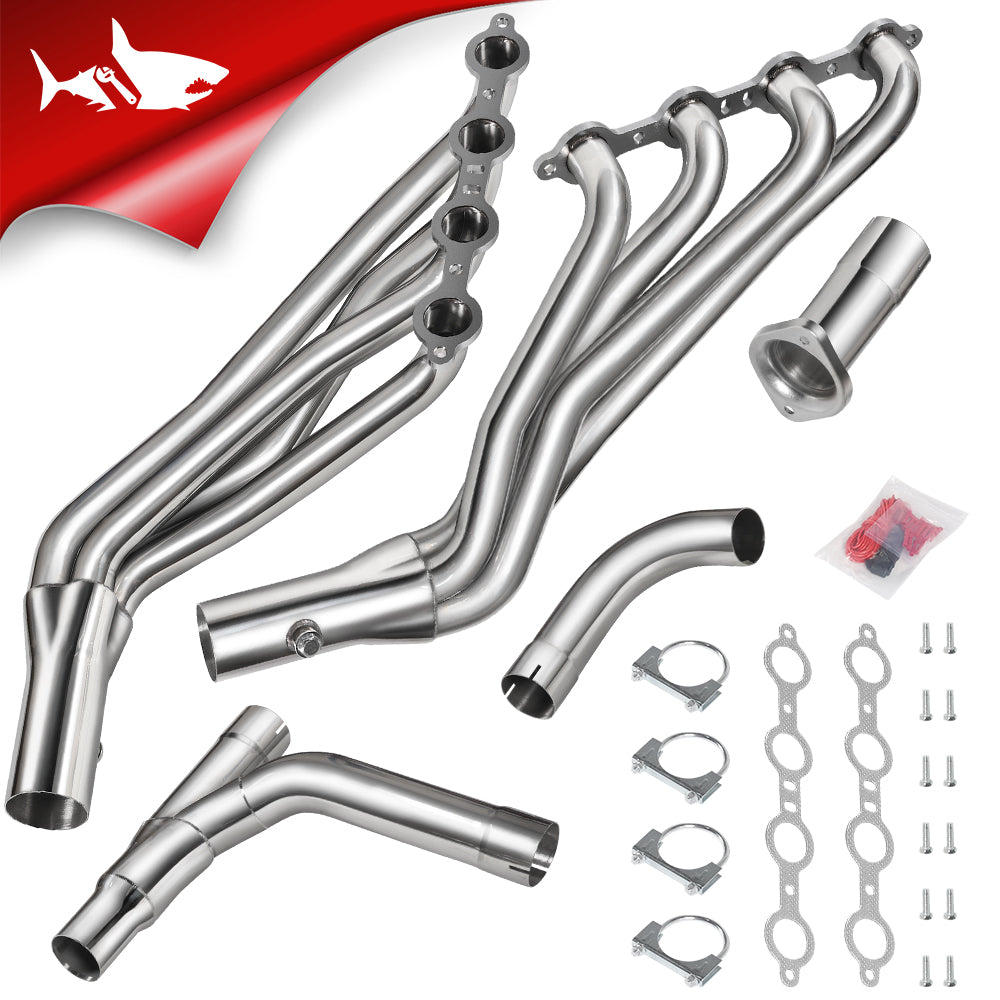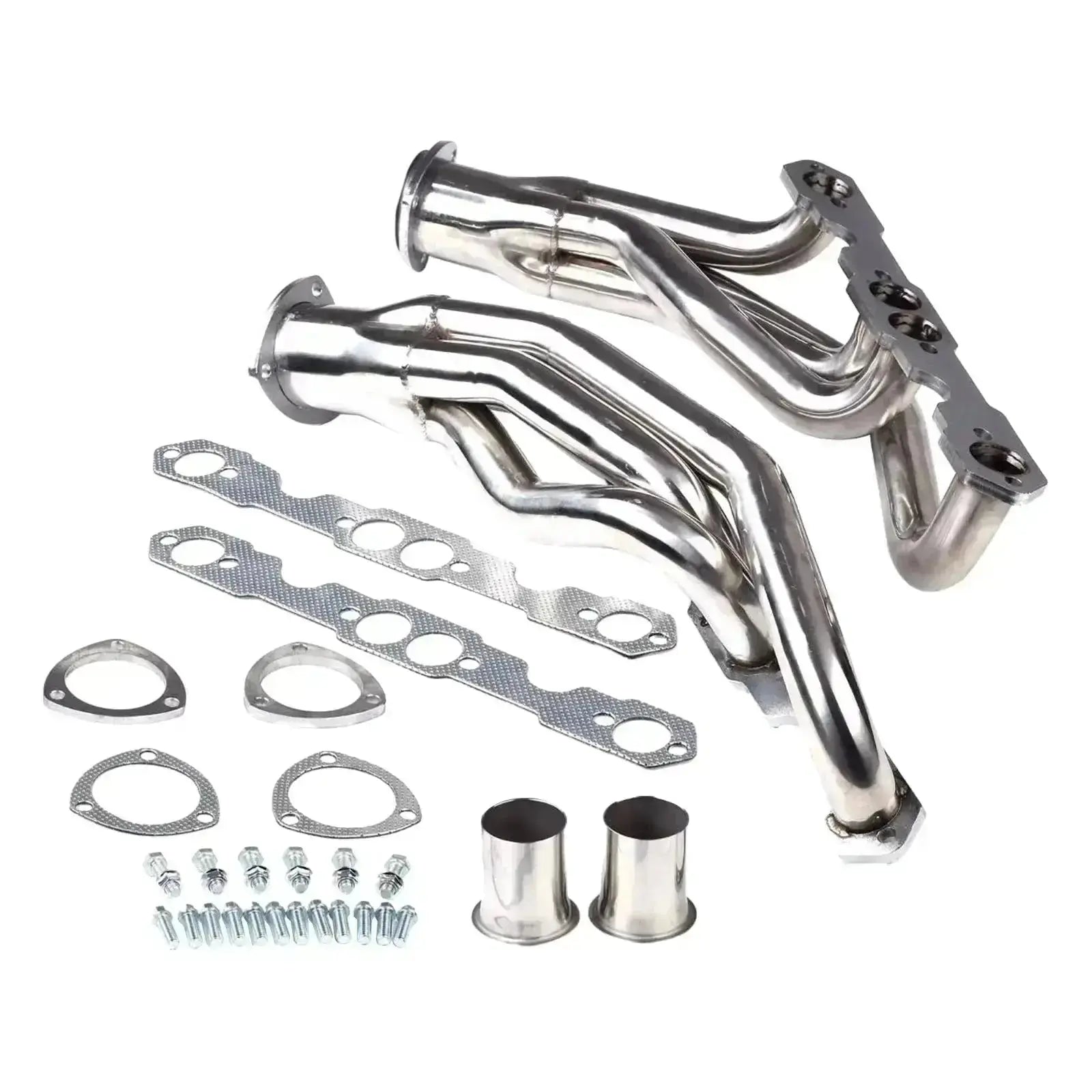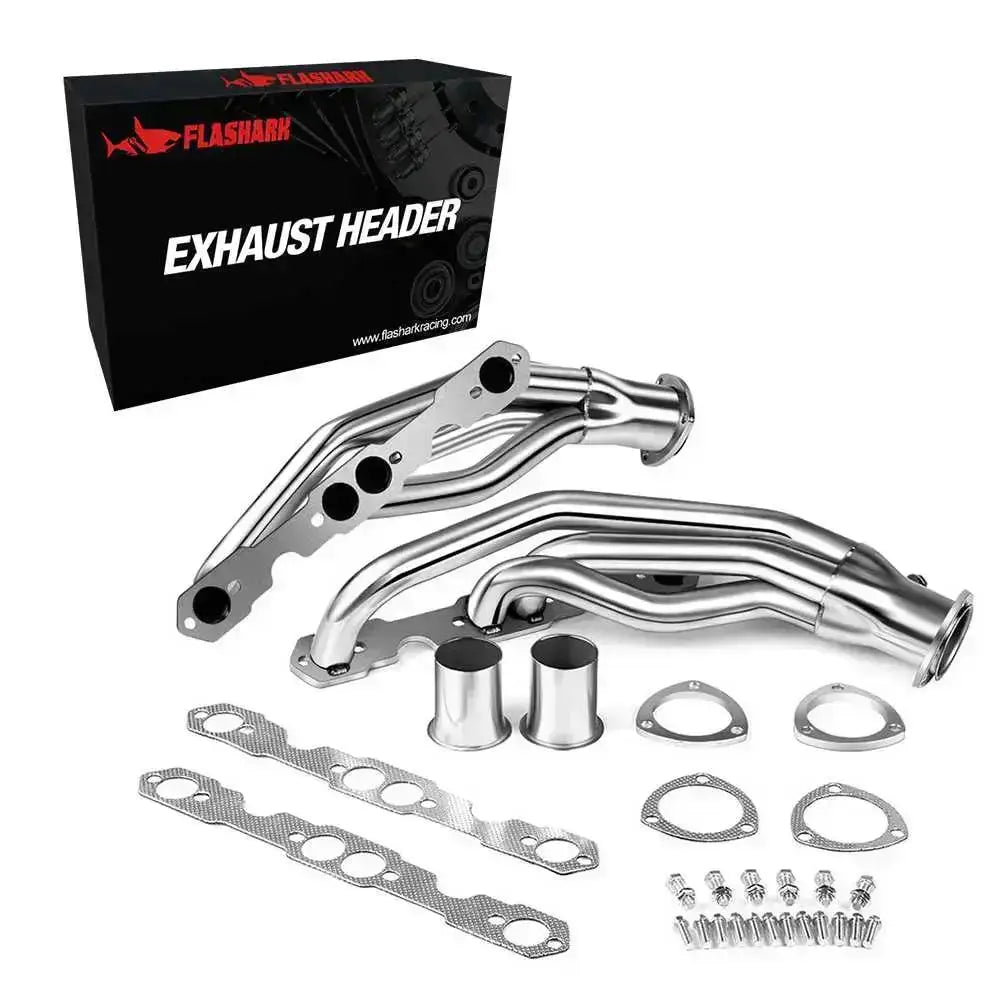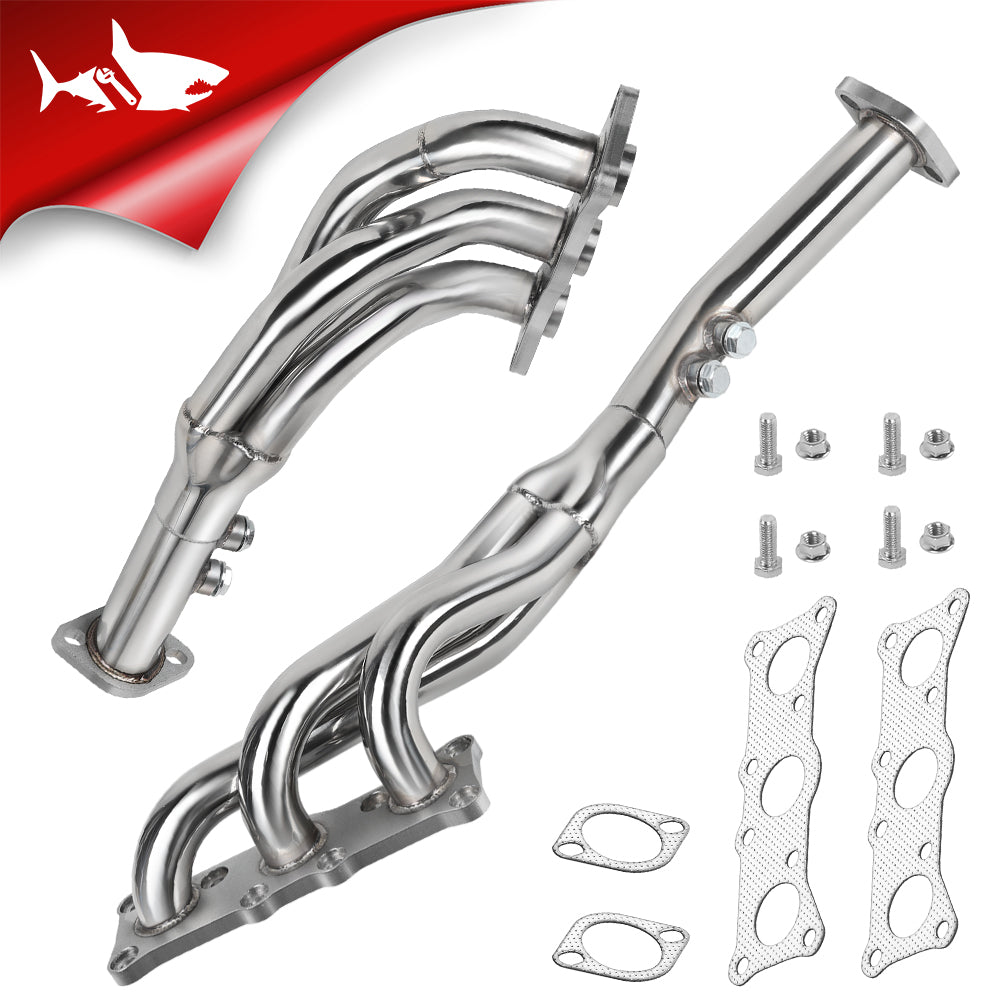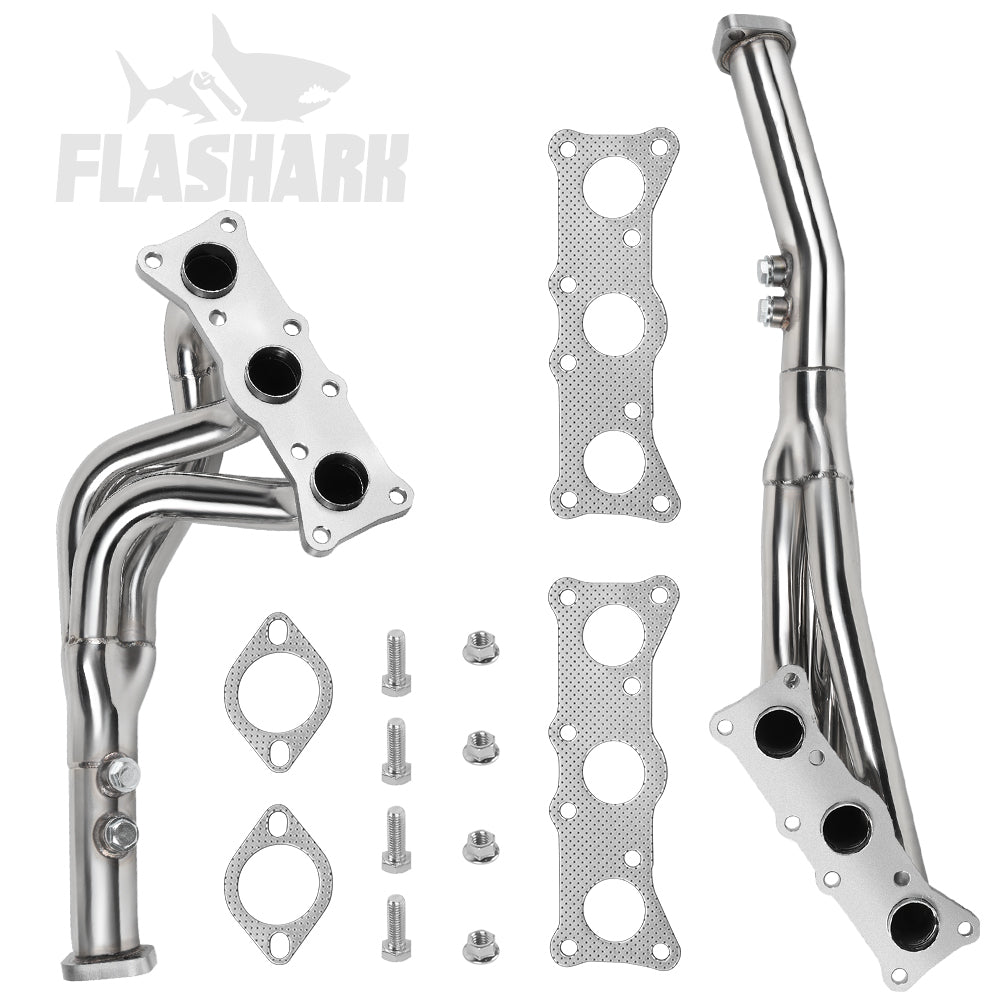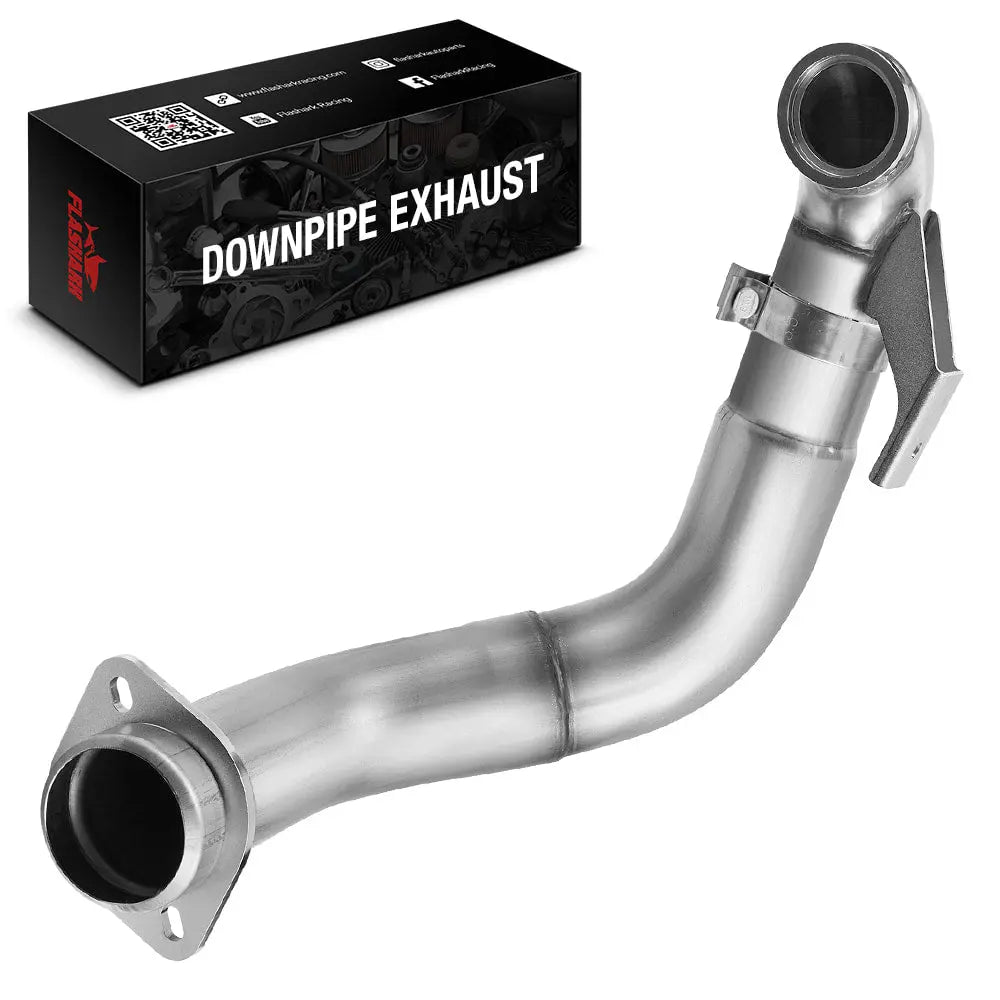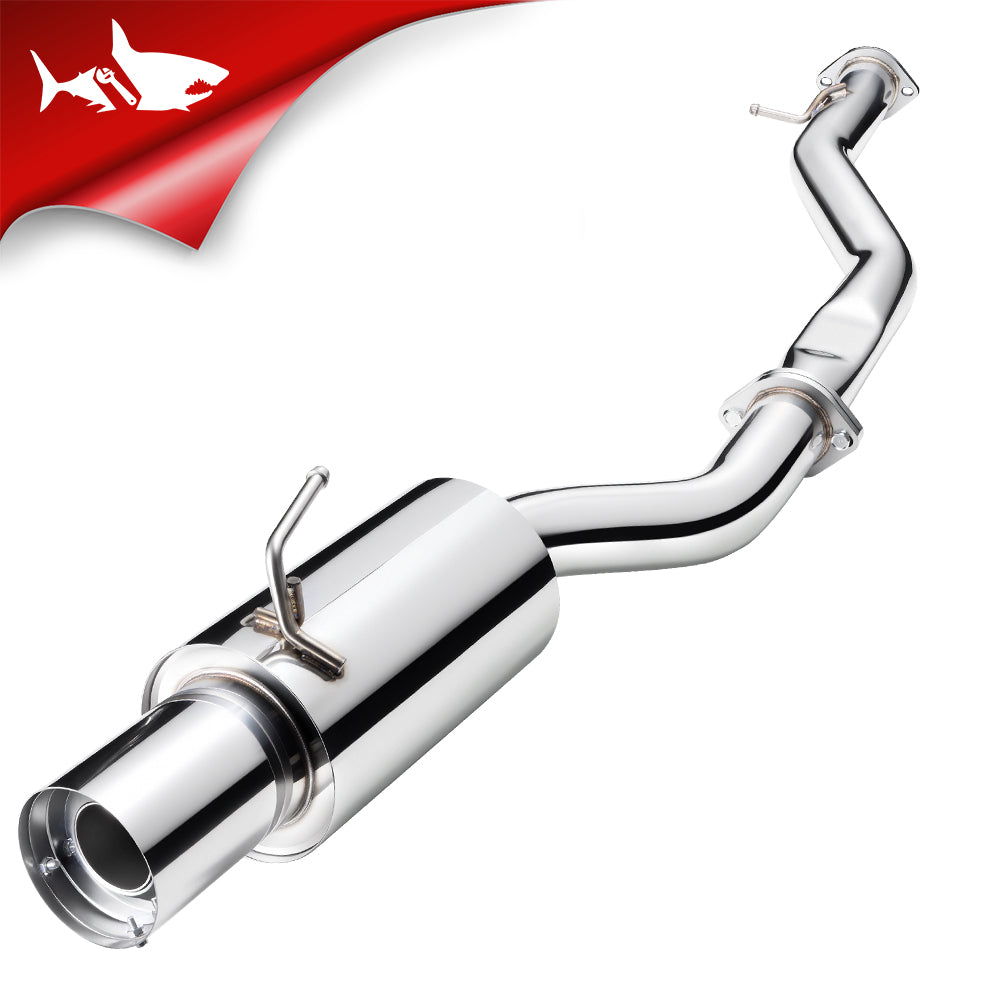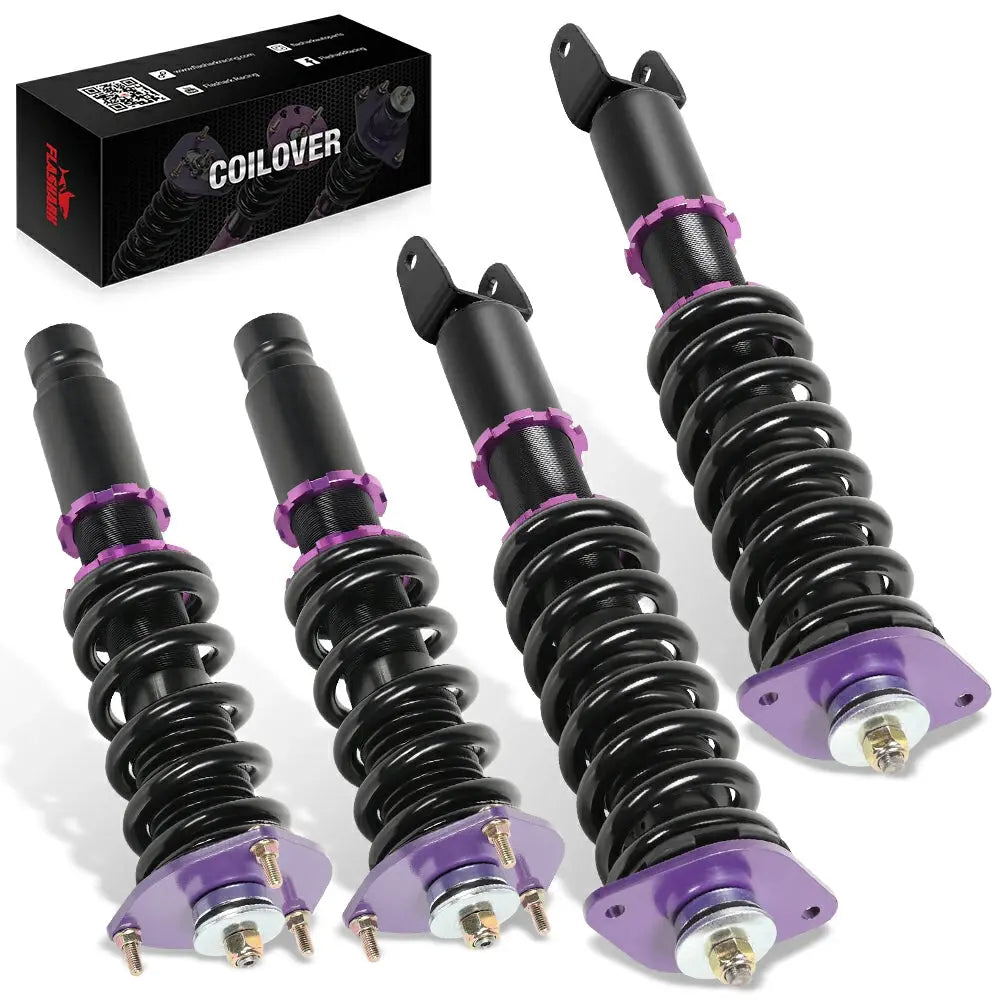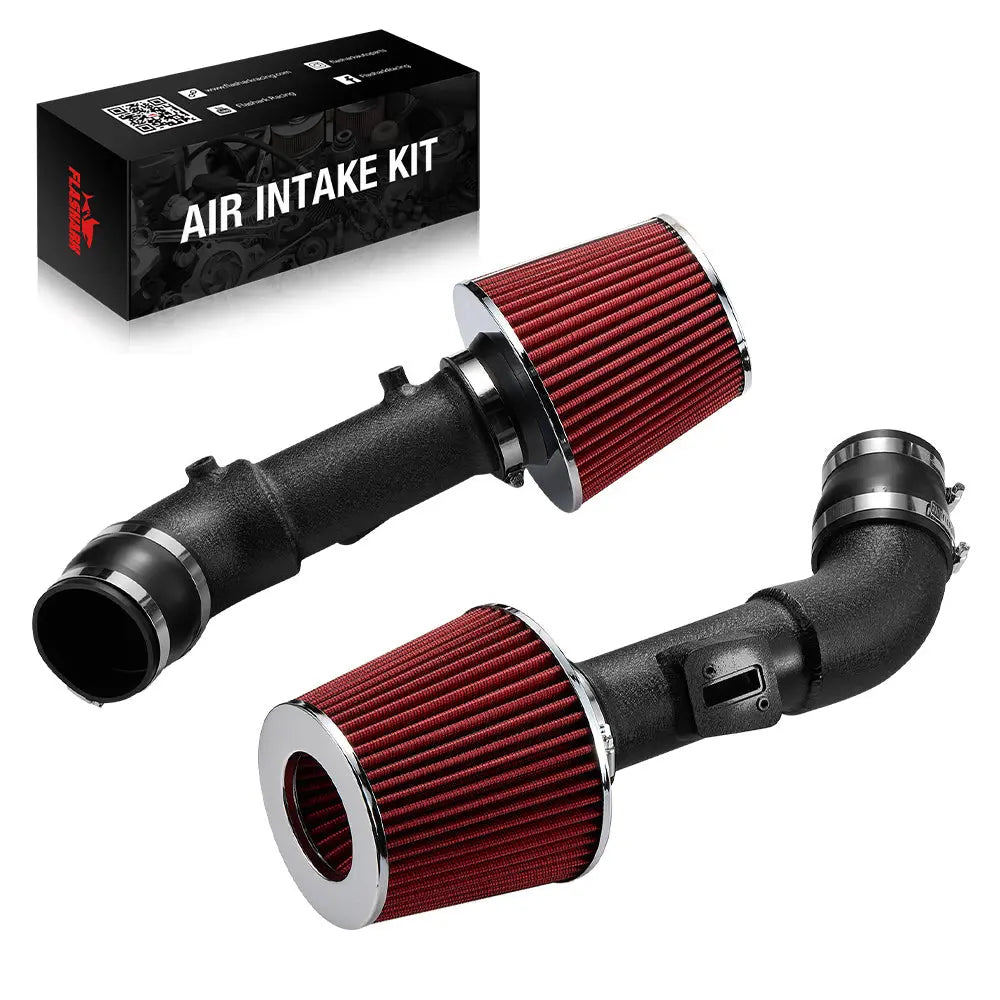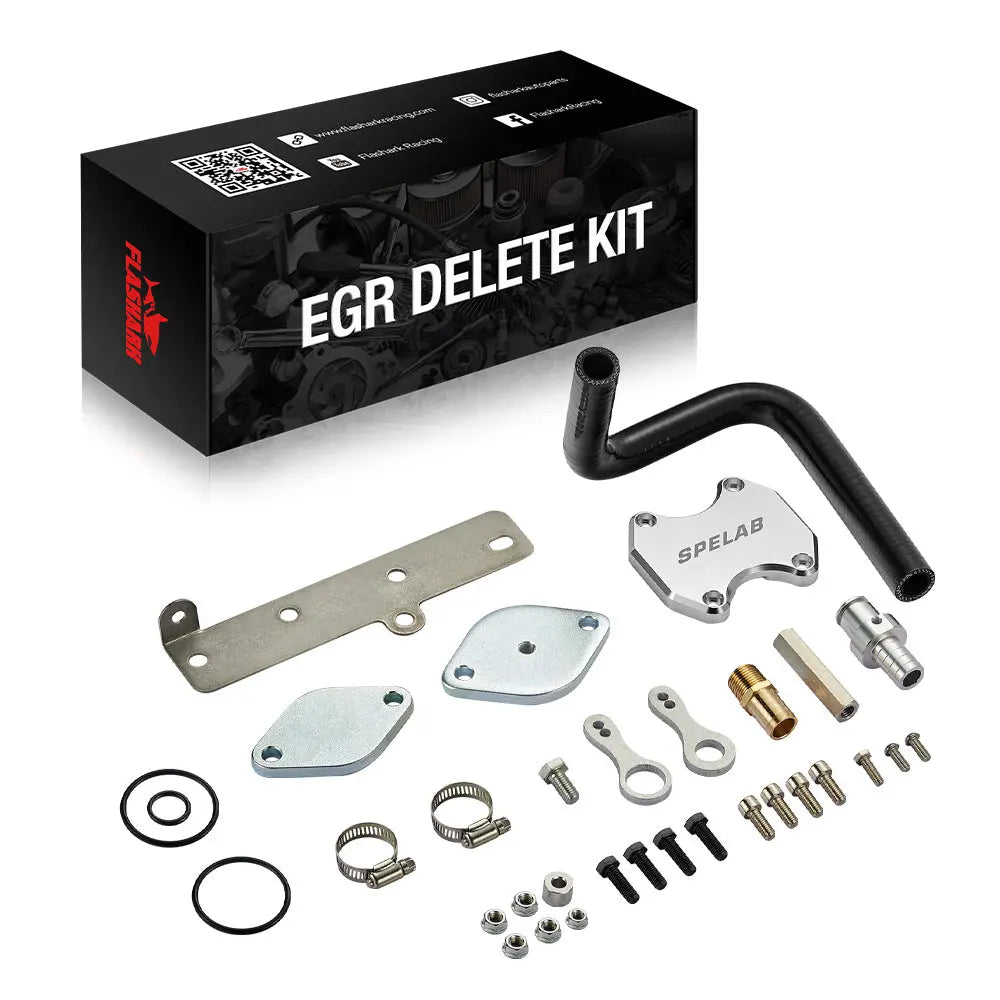Most people judge a vehicle by its look, much like a book by its cover. While looks play an important role in first impressions, there is so much more beneath the surface that defines the true value of a vehicle.
The eye-catching design and shiny paints might impress your friends, but a car's real essence lies in its performance, reliability, and overall engineering. Talking about engineering, one important part of engineering is the exhaust header.
Just like any other mechanical issues, exhaust header are also prone to wear and tear. It’s normal to have a leaky exhaust. However, the problem is ignoring the issue until it’s too late. People wait for the next oil change or tire rotation instead of fixing the problem urgently, causing more damage to the vehicle.
In this post, we’ll cover five exhaust header leak symptoms and why you should repair/replace it as soon as possible. By recognizing these symptoms early on, you can take the necessary steps to address the problem and keep your car running smoothly.
What is an Exhaust Header?
Exhaust headers are a set of pipes that connect to each engine cylinder and help push exhaust gases out of the cylinders. Some of you might ask, “Then what is the purpose of exhaust manifold?” The exhaust manifold and header serve the same purpose, the only difference is that headers create less exhaust backpressure than exhaust manifolds.
Technically, exhaust manifolds combine the exhaust gases from multiple cylinders into a single pipe, whereas headers have individual pipes for each cylinder. Manifolds are commonly used in regular vehicles, and headers are often found in high-performance vehicles.
A leaking exhaust header can significantly affect your car’s performance, fuel efficiency, and even lead to health risks if left unchecked. Let’s dive into the 10 most common symptoms of a leaking exhaust header.
Common Symptoms of Exhaust Header Leakage
Every inch of your vehicle needs to be repaired or replaced at some point in time. Ignoring to take care of it before it’s too late can lead to a range of problems that can affect your car's health and your wallet.

Here are five exhaust header leak symptoms to keep in mind.
1. Unusual Engine Noises
Unusual engine noises can be a strange ticking, tapping, hissing, rattling noise, or sound like a loose heat shield or a rock stuck in the wheel well. The sound produced can vary depending on the location of the leak. For example, a leak near the base can produce a different sound than the one closer to the cylinders.
No matter the type of noise. If you hear any of these sounds stop your car right there and take a look at the source. It could be a sign that your exhaust header is starting to fail.
Why It Happens:
The leak disrupts the flow of exhaust gases, causing irregularities that manifest as unusual engine sounds. Even if you don’t notice visible damage, it’s a good idea to get your vehicle checked by a mechanic. Sometimes the cause of the noise can be more complex than just a header leak.
2. Poor Engine Performance
A noticeable drop in vehicle performance can also be linked to exhaust header leak symptoms. When an exhaust header starts leaking it starts to disrupt the flow of the gas. This makes the engine control unit (ECU) work harder as it tries to expel the gasses efficiently, leading to a drop in horsepower and torque.
The drop in performance also depends on the size and location of the leaks. Smaller leaks may lead to slight decreases in performance, while larger leaks can cause significant power loss and noticeable sluggishness.
What You May Notice:
- Reduced acceleration, even when the gas pedal is pressed all the way down.
- Difficulty maintaining speed, especially during highway driving or uphill.
3. Poor Fuel Economy
Do you feel like you’re visiting the gas station more frequently, recently? If yes, it’s worth investigating your exhaust system. An exhaust header leak might be secretly guzzling the gas.
As I have already mentioned, a leaky exhaust makes the engine control unit (ECU) work harder to expel the gasses efficiently. In the process, it also adjusts the fuel mixture to compensate for the loss of exhaust gases, leading to more fuel consumption.
Sometimes the gases escape prematurely through the leak and confuse the ECU to make an inefficient adjustment to the fuel mixture. This inefficiency leads to incomplete combustion. And when fuel doesn’t burn as effectively as it should, it results in wasted fuel.
Signs to Look For:
- A noticeable decrease in miles per gallon (MPG), even if your driving habits haven’t changed.
- Increased fuel consumption despite normal driving conditions.
4. Strong Exhaust Smell inside the Cabin
Another common exhaust header leak symptom is a strong unpleasant smell inside the cabin. If you smell a strong burning smell while driving, especially when your windows are closed. You need to stop your car right on the spot and check the cause of the smell or have it inspected by a mechanic as soon as possible.
Why It’s Dangerous:
When a car gets a leaky exhaust, gases can escape and enter the cabin through the ventilation system. The smell is not only unpleasant but also extremely dangerous if the exhaust fumes contain carbon monoxide (CO). Carbon monoxide is a colorless, odorless, and deadly gas. Symptoms of carbon monoxide poisoning include headache, dizziness, nausea, and difficulty breathing.
5. Check Engine Light (CEL) Activation
The easiest way to know if your exhaust header is leaking is through the blinking of the Check Engine Light (CEL). Now, a blinking check engine light doesn’t always mean a leaky exhaust. The blinking could be the result of other problem in the car.
In the case of leaky exhaust, this warning is often triggered by incorrect readings from the oxygen sensors in the exhaust system. The oxygen sensor monitors the level of oxygen needed for optimal combustion. When exhaust gases escape through a leak, it disrupts the expected balance of air and fuel, leading the sensors to report inaccuracies to the engine control unit (ECU).
What It Means:
The oxygen sensors monitor the air-fuel mixture for efficient combustion. When exhaust gases escape through a leak, it disrupts the sensor readings, which can cause the CEL to light up.
6. Engine Overheating
If your engine is running hotter than usual, it could be a sign of an exhaust header leak. When exhaust gases are not expelled properly, the engine may overheat because the exhaust system cannot release heat as efficiently. The buildup of excess heat can lead to engine damage if left unchecked.
What You Might Experience:
- The temperature gauge rising higher than normal.
- Feeling like the car is taking longer to cool down after driving.
7. Change in Exhaust Smoke Color
Exhaust smoke that appears black, gray, or blue may indicate that your exhaust header is leaking. When gases escape through a leak, it can affect the combustion process, resulting in incomplete burning of fuel and leading to visible smoke.
Signs to Watch For:
- Black smoke, which could indicate a rich fuel mixture.
- Blue or gray smoke, which could point to oil burning, often associated with engine issues.
8. Increased Engine Vibration
A leaking exhaust header can lead to an increase in engine vibrations, particularly when the vehicle is idling. This happens because the engine has to work harder to expel the gases, causing imbalances that affect its smooth operation.
What You Might Feel:
- A noticeable increase in vibration or shaking, especially when the car is at a standstill or running at low speeds.
9. Burning or Strange Odors
Apart from the exhaust smell, a leaking exhaust header can sometimes cause other strange odors, especially after starting the car or when the engine is warming up. These smells can come from unburned fuel or oil mixing with escaping exhaust gases.
What to Watch For:
- A burnt smell, especially during cold starts.
- A chemical or fuel-like odor when the car is warming up.
10. Engine Stalling or Rough Idling
A significant exhaust header leak can cause engine stalling or rough idling. This occurs because the imbalance in exhaust flow disrupts the engine's internal pressure, which may result in the engine not running smoothly at low speeds or when idling.
What You Might Experience:
- The engine stalling unexpectedly, especially at idle or during low-speed driving.
- Rough idle, where the engine seems to struggle to maintain a consistent RPM.
Should You Repair or Replace the Exhaust Header?
Whether to repair or replace the exhaust header depends on the extent of the damage. If the damage is smaller, repair might be an option. For example, if the leak is due to a faulty gasket, you can replace only the gasket. In case of a minor crack, you can seal it by welding.
If the damage is beyond repair such as large cracks or severe corrosion, replacement is a better option. Attempting to repair severely corroded headers can lead to repeated issues down the line, ultimately costing you more in the long run.
A complete replacement gives you peace of mind and a new life to your exhaust system. If you’re looking for a high-quality and reliable header, check out this Flasharkracing exhaust header.
Last, but not least. No matter the severity of the damage, it's advisable to consult with a qualified mechanic before considering whether to repair or replace your exhaust header.
Can You Drive with a Leaking Exhaust Header?
People commonly ask about a leaky exhaust: "Can I still drive with a leaky exhaust?" Interestingly, this question often comes up because they notice the issue while they are driving. If you know a mechanic nearby, driving a short distance is acceptable. Driving long distances on a leaky exhaust header should be avoided at all costs.
If you continue driving with a leaking header, there is a high chance of engine failure. Additionally, exhaust fumes, including carbon monoxide can enter the cabin and cause serious problem to health. The risks associated with prolonged driving with leaky exhaust are simply not worth it.
How Much Does It Cost to Replace an Exhaust Header?
If your exhaust header is beyond repair, the only option is to replace it. It can cost you anywhere from $200 to over $1000 depending on the vehicle model, brand, quality of the product, and labor cost for installation. Luxury and high-performing vehicles such as sports cars tend to have more expensive exhaust systems due to complex designs and premium materials.
If you’re choosing between Aftermarket headers vs. Original Equipment Manufacturer (OEM), Aftermarket headers are cheap. However, it doesn’t come with a manufacturer's warranty, and it usually needs a few modifications to fit in.
If you looking for a high-performing exhaust header at a reasonable price, Flashark Racing's High-Performance Exhaust Header is one the best options in the market right now.
This exhaust header is designed specifically for Ford F150 and F250 owners looking to enhance their vehicle's performance. It is made of high-quality material and features durable construction that withstands the rigors of weather and high-performance driving.

It also comes with all the necessary gaskets and hardware for a straightforward installation, making it an ideal choice for both novice and experienced DIYer.
Let Your Machine Roar
If you want your vehicle at its optimal performance, you need to take charge of your vehicle's health. A leaky header is just one part of the puzzle, many parts need to be repaired or replaced from time to time.
If you notice any exhaust header leak symptoms mentioned above, seek help from an expert as soon as possible. A simple inspection by a qualified mechanic can save you from costly repair or replacement. Don’t let minor issues turn into major headaches. Take charge today and keep your machine roaring!
Last Chance! FlashArk Racing Limited-Time Discounts Are Here!
Don't miss out on these exclusive deals! FlashArk Racing is currently offering amazing limited-time promotions to help you upgrade your racing gear and accessories at unbeatable prices. Check out our current discounts:
- Extra 10% Off for All Exhaust Headers
- Extra 11% Off for All Catback Exhausts
- Extra 12% Off for All Downpipe Exhausts
- Extra 11% Off for All Catalytic Converter
- Extra 13% Off for Cold Air Intake
- Extra 15% Off for DPF & CAT Delete Pipe
Hurry, these offers are available for a limited time only! Click the link below to grab your discount right now:
👉Click here to visit the Flashark discount page and claim your offer!

